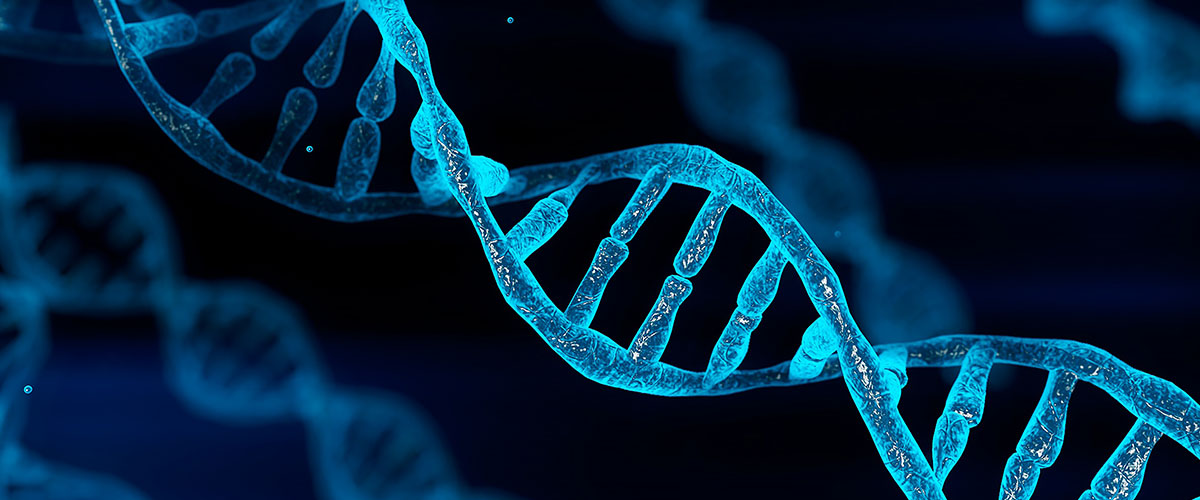)
Unraveling neoadjuvant-treatment resistance in non-small cell lung cancer
Project Duration: 2015-
MOHCCN Consortium: Marathon of Hope - Quebec
Investigators: Roni F. Rayes, Pierre-Olivier Fiset, Morag Park, Logan A. Walsh and Jonathan D. Spicer
Partners: McGill University and the Research Institute of the McGill University Health Center (RI-MUHC)
Project goals:
- Sequence locally advanced early-stage NSCLC patient’s tumors that have received neoadjuvant treatment prior to surgical resection.
- Test drug combinations inferred from sequencing data on patient-derived organoids and xenografts
- Correlate sequencing data with pathological response to therapies.
- Decipher the basis behind resistance to neoadjuvant treatment.
- Devise new therapeutic targets that could be testes in subsequent clinical trials.
Summary:
Lung cancer (LC) is the primary cause of cancer-related death around the world, accounting for over 28% of cancer-related mortality, more than breast, colon, prostate and pancreas combined. While local treatments for non-small cell lung carcinoma (NSCLC; 85% of all forms of LC) are frequently effective, a high proportion of patients with potentially “curable disease” recur locally and/or distantly, and it is this metastatic progression that leads to death. Neoadjuvant-treatment, including immunotherapy, has shown great promise with improved outcomes and prolonged survival in NSCLC, however, there is room for improvement as objective response rates are still <50%. A key concept that remains elusive is how to determine which patients are most likely to respond to conventional therapies versus immunotherapies and combinations thereof. Several clinical trials are now underway to evaluate the use of immunotherapy with curative intent in patients with locally advanced early-stage NSCLC. Our site is participating in several such window of opportunity trials: Checkmate816, phase-III trial of nivolumab + ipilimumab versus platinum-doublet chemotherapy as neoadjuvant treatment for early-stage NSCLC; Keynote671, phase-III trial of platinum doublet chemotherapy ± pembrolizumab as neoadjuvant/adjuvant therapy for participants with resectable NSCLC; NEOCOAST, phase-II trial of neoadjuvant durvalumab ± novel agents in subjects with resectable, early-stage NSCLC. In addition, we will use the Thoracic Oncology Clinical Database and Biobank where we have access to live banking of an additional set of consented NSCLC patients including chemotherapy, radiation therapy, and combinations of them, in addition to targeted therapies. All these specimens have a rich and complete clinico-pathological database associated to them.
We propose to sequence all those tumors and to test drug combinations (salvage therapies) inferred from the sequencing data on patient-derived organoids and xenografts from those patients. By correlating sequencing data with response to therapies, we will decipher the basis behind resistance to neoadjuvant treatment as well as devising new therapeutic targets that could be tested in subsequent clinical trials. This will permit better classification of NSCLC tumors based on how well they would response to available and novel therapies.